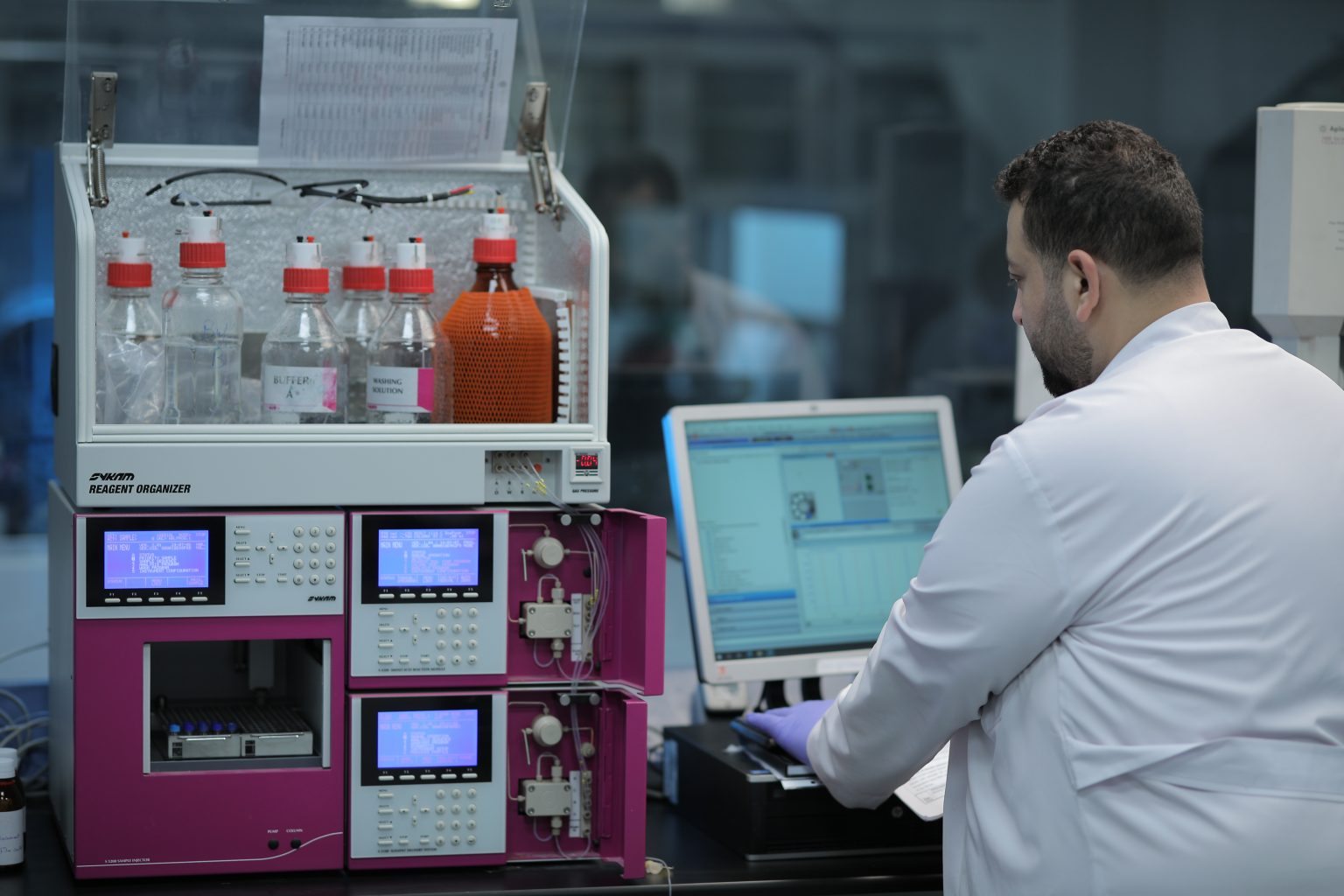What is Haram?
The opposite of Halal is Haram, which means “unlawful, not permissible or prohibited.” The following categories are Haram:
- Alcohol – intoxicants and narcotic drugs
- Blood and blood by-products - blood is the circulatory cleansing fluid of the body and is not to be consumed
- Carnivorous animals, birds of prey, scavengers, and animals improperly slaughtered, sick or dying before slaughter
- Idolatry - any animals or poultry sacrificed for voodoo, witchcraft or practice that denies the existence of the Creator is not to be consumed.
- Swine and all pork by-products and/or their derivatives
- Foods contaminated with any of the above products or with "impurities” (in Arabic, "najis") from processing, such as manure, urine, rodent droppings, infectious fluids, or pus are considered Haram.
The following is a partial list of critical ingredients that can be derived from many sources both Halal and Haram and should be avoided in products that are considered non-Halal:
- Animal Fat - may be consumed if derived from Halal slaughtered animals
- Enzymes - microbial enzymes are permissible if derived from Halal slaughtered animals
- Gelatin - may be consumed if derived from fish or if derived from Halal slaughtered animals
- L-cysteine - may be consumed if derived from synthetic materials
- Lard - cannot be consumed
- Lipids - may be consumed if derived from Halal slaughter animals or plants
- Animal Shortening - may be consumed if derived from Halal slaughtered animals
- Meat Broth and Stock - may be consumed if derived from Halal slaughtered animals
- Rennet - may be consumed if derived from plant/microbial/synthetic products or from Halal slaughtered animals
- Tallow - may be consumed if derived from Halal slaughtered animals





